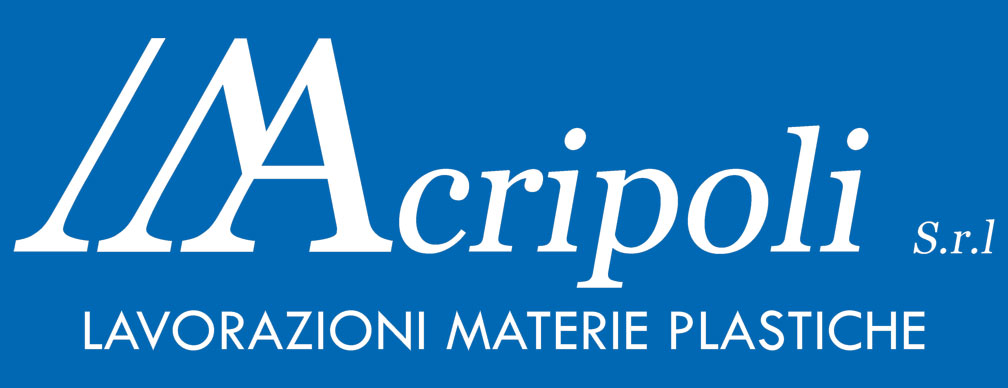One of our main features is our ability to work an extremely wide range of plastics, such as polymethyl methacrylate, polycarbonate, high-density polyethylene and styrene acrylonitrile. Below, you will find a brief technical description to guide you in choosing the best material for your field.
PMMA (polymethyl methacrylate)
Also known as methacrylate, it is the aesthetically more pleasing plastic on the current market. It is more transparent than glass, its specific weight is about half that of glass and it has good mechanical resistance. Another fundamental characteristic is that it does not change colour tonality under UV-ray exposure. It also offers the widest range of colours/finishings on the market. It is the most suitable material when aesthetics and transparency are the first requirements
• Possibility to laser-cut the material
• Anti-shock material available
• High grade of transparency
• Thermoformable material
• Available in thickness ranging from 1 to 300mm
• Material available in any colour, transparent and non-transparent
• Smooth surfaces, opaque, shiny, mono-polished and bi-polished
PC (Polycarbonate)
It is one of the plastics with higher mechanical and shock resistance, and it also has a good transparency and UV resistance (in the UV-shielded version). Usually available in compact and multi-skin transparent sheets, it can also be requested in several colours and finishings. It is the ideal plastic if mechanical resistance is the main requirement, such as for carters and protections. The multi-skin version is particularly suitable for the creation of external roofings.
• Thermoformable material
• Can be cold bent
• Compliant with regulation UL94
• Available in several colours and surfaces, and UV-shielded
• Available in thickness ranging from 1 to 20mm
PETG (polyethylene terephthalate-glycol)
Good mechanical resistance and transparency. Available as solid transparent sheets (also available in several colours). Its main features are good mechanical resistance at temperatures <0°C (whereas the resistance of other plastics drops drastically), suitable for food contact and good resistance against chemicals. It is therefore particularly suitable for food- contact products or temperatures below 0.
• Good resistance against chemical agents
• Good mechanical resistance
• Excellent behaviour at temperatures <0°C
• Thermoformable material
• Can be cold bent
• Suitable for contact with food
• Available in several colours and thickness 1-10mm
ABS (acrylonitrile-butadiene-styrene)
Available as solid coloured non-transparent sheets, with smooth finishing on one side and embossed on the other, or smooth on both sides. It has good mechanical and chemical resistance, excellent UV resistance in the co-extruded version with PMMA, and has a good price. Ideal for the productions of carters, cases, boxes, and containers in general.
• Good mechanical resistance, including at temperatures <0°C
• Easily thermoformable and resistant material
• Available in self-extinguishing UL94 V0
• Resistant to weather and sunlight
• Available with smooth, opaque, polished, embossed, or soft-touch surfaces
• All colous available in thickness 1-8mm
PST (polystyrene)
Generally considered the less noble version of the ABS, it is available as solid coloured non-transparent sheets, with smooth finishing on one side and embossed on the other, or smooth on both sides. Excellent if price is the main requirement; mainly used for carters, cases, boxes, and containers in general.
• Easily thermoformable material, with good resistance
• Anti-shock material available
• Low costs
• Thickness 1-8mm
• Available in smooth, opaque, polished, or embossed surfaces
• All colours available
PE HD (high density polyethylene)
Available in smooth solid sheets, usually black. It has great mechanical resistance and high flexibility; it is also among the plastics with the best resistance against chemicals. Suitable for uses requiring mechanical and chemical resistance.
• High resistance against chemicals
• High mechanical resistance and flexibility
• Thermoformable material
• Suitable for food contact in the neutral version
• Black, neutral (opal) and green colours
SAN(styrene acrylonitrile)
Available as solid transparent sheets, mainly used as substitute for methacrylate whenever a clear raw material with a better pricing is needed.
• Good transparency
• Thermoformable material
• Good UV-ray resistance
• Good quality-price ratio
